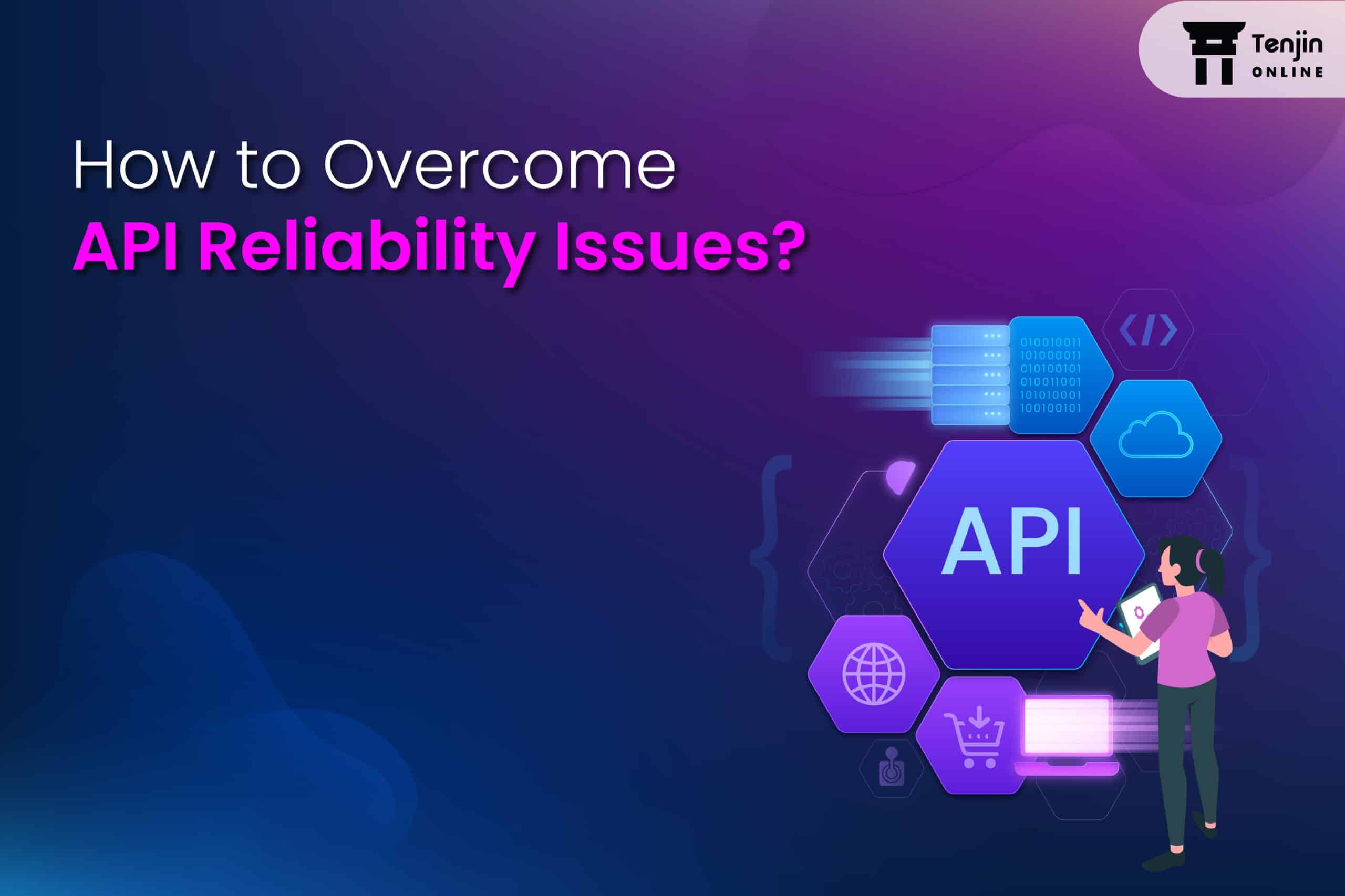
Application Programming Interfaces (APIs) have become the backbone of modern software development. They enable seamless communication and data exchange between different systems, allowing developers to leverage functionality and resources from various sources. From social media platforms to e-commerce websites and mobile applications, APIs play a critical role in connecting various components of the digital ecosystem.
However, despite their significance, API reliability issues continue to trouble developers and organizations. When an API fails or experiences downtime, it can have severe consequences, leading to disrupted services, frustrated users, and financial losses. Understanding and addressing these reliability challenges is paramount for businesses seeking to deliver seamless integration and exceptional user experience. In this article, we will highlight API reliability issues and explore some strategies to overcome them.
API Reliability Challenges and How to Overcome Them
API reliability issues are a constant challenge in today’s interconnected world. It is important to address and overcome these challenges to improve user experience and generate better business ROI. Here are some of the common API reliability issues:
Downtime
One of the primary API reliability concerns is downtime. When an API becomes unavailable, it disrupts the flow of information between systems, hindering essential processes and services. Downtime can occur due to various reasons, including server failures, network outages, software bugs, or overwhelming traffic. Downtime can have detrimental effects on businesses, leading to lost revenue, damaged reputation, and dissatisfied customers.
To mitigate the risks associated with API downtime, organizations must invest in robust infrastructure and implement redundancy measures. Employing load balancers, redundant servers, and failover mechanisms can help distribute traffic and ensure uninterrupted service even in the event of hardware or network failures. Additionally, proactive monitoring and alert systems can help identify and resolve issues before they escalate, minimizing the impact of downtime.
Performance degradation
APIs must handle a high volume of requests efficiently, responding promptly and reliably to user queries. Slow response times and performance bottlenecks can frustrate users and discourage them from engaging with an application or service. Furthermore, as user demands and data volumes increase, APIs must scale effectively to meet the growing traffic and maintain optimal performance levels.
To address performance concerns, developers should employ efficient coding practices, optimize query execution, and leverage caching mechanisms. Load testing and performance profiling can help identify and resolve performance bottlenecks in the API infrastructure. Additionally, adopting a scalable architecture that allows for horizontal or vertical scaling can ensure that the API can handle increasing workloads without sacrificing performance.
Security
Security is another critical aspect of API reliability. APIs often handle sensitive data and facilitate the transfer of information between different systems. A security breach or vulnerability in an API can have severe consequences, leading to data leaks, unauthorized access, and compromised user privacy. To maintain API reliability, organizations must prioritize security measures such as encryption, authentication, and authorization mechanisms.
Implementing industry-standard security protocols can help protect APIs from unauthorized access and ensure secure data transmission. Regular security audits, vulnerability assessments, and penetration testing should be conducted to identify and address any potential weaknesses in the API infrastructure. It is crucial to stay updated with the latest security practices and patches to defend against emerging threats and vulnerabilities.
Documentation and communication
Effective documentation and communication are vital for API reliability. Clear and comprehensive documentation allows developers to understand the API’s functionality, expected behavior, and error handling procedures. A lack of documentation or poorly documented APIs can lead to confusion, errors, and unreliable integrations.
Maintaining effective communication channels with API providers is key to resolving reliability issues. Establish a feedback loop to report issues promptly and work collaboratively to identify and resolve them. Regularly communicate your requirements, performance expectations, and concerns to API providers to ensure they are aware of your needs and can address any reliability issues promptly.
Strategies to Overcome API Reliability Issues
Implement Robust Error Handling
Reliability issues often arise from errors that occur during API interactions. To overcome these issues, it is essential to implement robust error handling mechanisms in your code. This includes proper exception handling, error logging, and graceful error recovery strategies. By anticipating and handling errors effectively, you can minimize the impact of API failures on your application.
Monitor API Performance
Continuous monitoring of API performance is crucial to identify and resolve reliability issues promptly. Implementing monitoring tools and integrating them into your development process allows you to track key performance indicators such as response time, error rates, and availability. By monitoring these metrics, you can detect anomalies and proactively address potential reliability problems.
Design for Resilience
When designing your application’s architecture, consider implementing resilience patterns to handle potential API failures. For instance, you can implement fallback mechanisms that use alternative data sources or cached responses when the primary API is unavailable. Additionally, designing your system with fault-tolerant components and implementing asynchronous processing can help reduce the impact of API reliability issues.
Conduct Thorough Testing
Testing is a crucial aspect of ensuring API reliability. Along with functional testing, it is important to perform stress testing, load testing, and security testing to evaluate the robustness of your API integrations. By simulating various usage scenarios and analyzing the API’s behavior under different conditions, you can identify potential bottlenecks and reliability issues before deploying your application to production.
Conclusion
There are a lot of challenges that can all impact the reliability of APIs, leading to negative user experiences and business repercussions. By investing in robust infrastructure and implementing proactive strategies as discussed in the article, these challenges can be overcome, creating reliable APIs.


